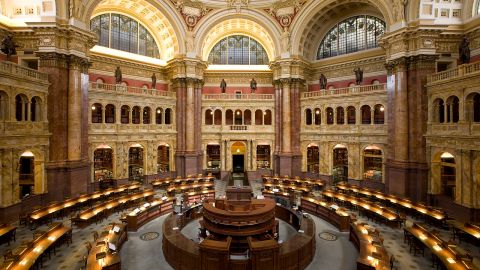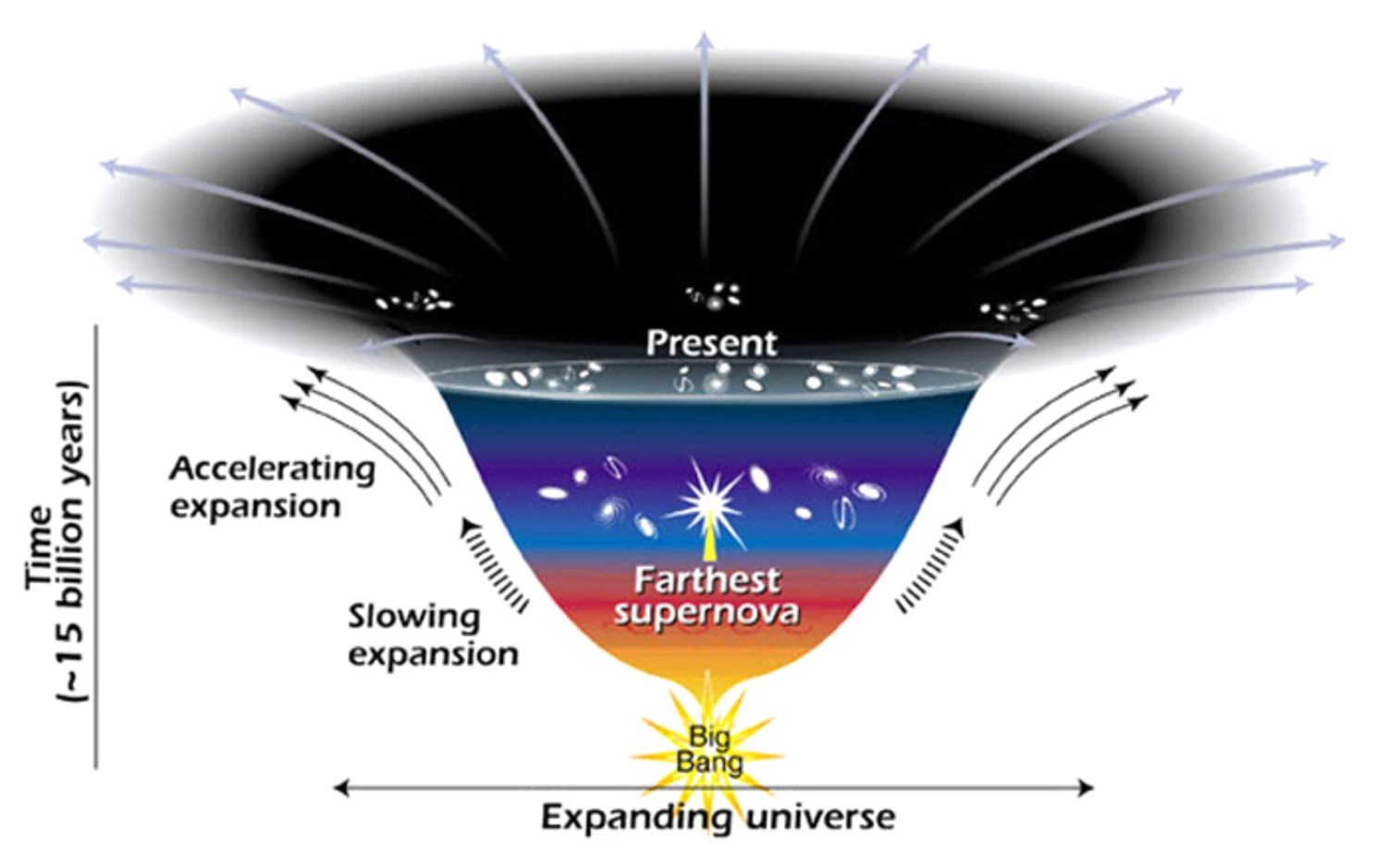The Godless Constitution and the Ratification Battle

Over the weekend, JT linked to this post on Patheos by Ben Witherington, an evangelical Bible scholar, opining about the legal basis for separation of church and state in America.
But what about those founding documents— the Declaration, the Constitution, the Bill of Rights. Didn’t they set up a secular society for America? Didn’t they set up ‘a separation of church and state’? Look hard— can you find any clause that uses that phrase in our founding documents? Basically this incorrect [sic]. You will fail to find a pronouncement that sets up some Berlin-like wall between the secular and the sacred in these documents… [T]hey did not go on a campaign to eliminate God language from our public buildings, our seminal documents…
I wrote a brief comment on JT’s site responding to this, but I’d like to expand on it.
First of all, the phrase “separation of church and state” doesn’t explicitly appear in the Constitution, but the concept most certainly does: in the First Amendment, which forbids Congress to pass any law establishing a religion or prohibiting the free exercise of religion (and forcing the government to take sides in a religious dispute obviously does interfere with the free exercise of people who believe something different). “Separation of church and state” was a phrase coined by Thomas Jefferson to explain precisely what this clause meant. Claiming that the concept doesn’t exist in the Constitution because the exact wording doesn’t appear is an exercise in myopic hyper-literalism. Imagine saying to an evangelical Christian, “The word ‘Trinity’ doesn’t appear in the Bible. Therefore, the Trinity is an unbiblical doctrine and you’re wrong to believe it!” I wonder how Witherington would respond…
But here’s the more important point. In other important legal documents of that era – the Articles of Confederation, the Mayflower Compact, the English Bill of Rights, the Magna Carta, and even the individual state constitutions – religious language and religious test oaths were ubiquitous. For example, the Articles of Confederation, the Constitution’s failed precursor, said this:
Whereas it hath pleased the Great Governor of the World to incline the hearts of the legislatures we respectively represent in Congress, to approve of, and to authorize us to ratify the said articles of confederation and perpetual union.
By contrast, the total absence of any such religious language in the Constitution is a striking omission. And this wasn’t some minor, trivial oversight that no one realized at the time. On the contrary, the religious conservatives of the founders’ day were greatly angered by it, loudly arguing that to ratify such a secular and godless document would be a catastrophe… and America’s founders held firm in the face of that pressure, demonstrating that they knew exactly what they were doing and did it on purpose.
Here’s how I put it in my essay “The Wall“:
And at the Constitutional Convention, there were repeated attempts to add Christian language. For example, the delegate William Williams proposed that the preamble be rewritten as follows: “We the people of the United States in a firm belief of the being and perfection of the one living and true God, the creator and supreme Governor of the World, in His universal providence and the authority of His laws…” Another proposal would have changed the no-religious-test clause to say: “no other religious test shall ever be required than a belief in the one only true God, who is the rewarder of the good, and the punisher of the evil”.
Once again, America’s founders beat back all these attempts to Christianize our founding document, demonstrating that the secularity of the Constitution was no accident, but was deliberate and intentional. The Constitution’s silence toward religion and Christianity, against a background of documents that loudly did the opposite, could only be intended to convey that in this new nation, religion would be divorced from government.
And here’s the kicker: It’s only within the last fifty years that the American religious right has stopped lamenting the godlessness of the Constitution, and instead started claiming, through dishonest propagandists like David Barton, that the Constitution was intended to create a Christian nation all along. (I base this on the fact that, as recently as 1954, the National Association of Evangelicals was lobbying for a constitutional amendment that would have said: “This nation divinely recognizes the authority and law of Jesus Christ, Savior and Ruler of Nations, through whom are bestowed the blessings of Almighty God”.) I can’t put it any better than the historians Isaac Kramnick and R. Laurence Moore did in their book The Godless Constitution:
In a staggering historical flip-flop, [the Christian right] now celebrates that Constitution by denying its godless foundation, which so many religious leaders in the past clearly recognized and lamented. Having lost many times in its efforts to put God and Christ into the persistently vilified godless Constitution and an atheistic national government, the Christian right today embraces the Constitution and its authors, rewriting history as it does so.
Image credit: Wikimedia Commons
Daylight Atheism: The Book is now available! Click here for reviews and ordering information.





